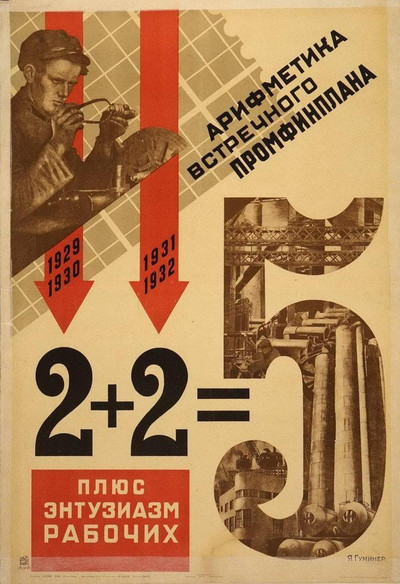2+2=5. The Poetics of Dyscalculia, or the Word and the Number in the Blind Spot of Digital Humanities
DOI:
https://doi.org/10.17892/app.2020.00010.237Keywords:
digital humanities, dissidence, miscalculation, word-number relations, arithmetics, logometric, antinomic speech, literature and mathematics.Abstract
Historically and systematically, the word and the number are closely related in many ways. The number often represents the stable, rational and literally calculable super-sign, while the word is associated with impermanence and indeterminacy. When the digital humanities convert texts into tables, they assume that more reliable and well-founded statements about literature can be made on the basis of numbers. But this conviction overlooks the fact that literature itself has written an extensive history of miscalculation. Indeed, literature counters the rampant numerical compulsion with an alternative – number dissidence. Using the example of the unequal equation 2+2=5, the article reconstructs this poetics of miscalculation.
Downloads
Published
How to Cite
Issue
Section
License
Copyright (c) 2020 Apparatus. Film, Media and Digital Cultures of Central and Eastern Europe

This work is licensed under a Creative Commons Attribution 4.0 International License.
The articles in Apparatus are published under https://creativecommons.org/licenses/by/4.0/ This license does not apply to the media referenced, which are subject to the individual rights owner's terms.
The authors hold the copyright without restrictions and retain publishing rights without restrictions.





